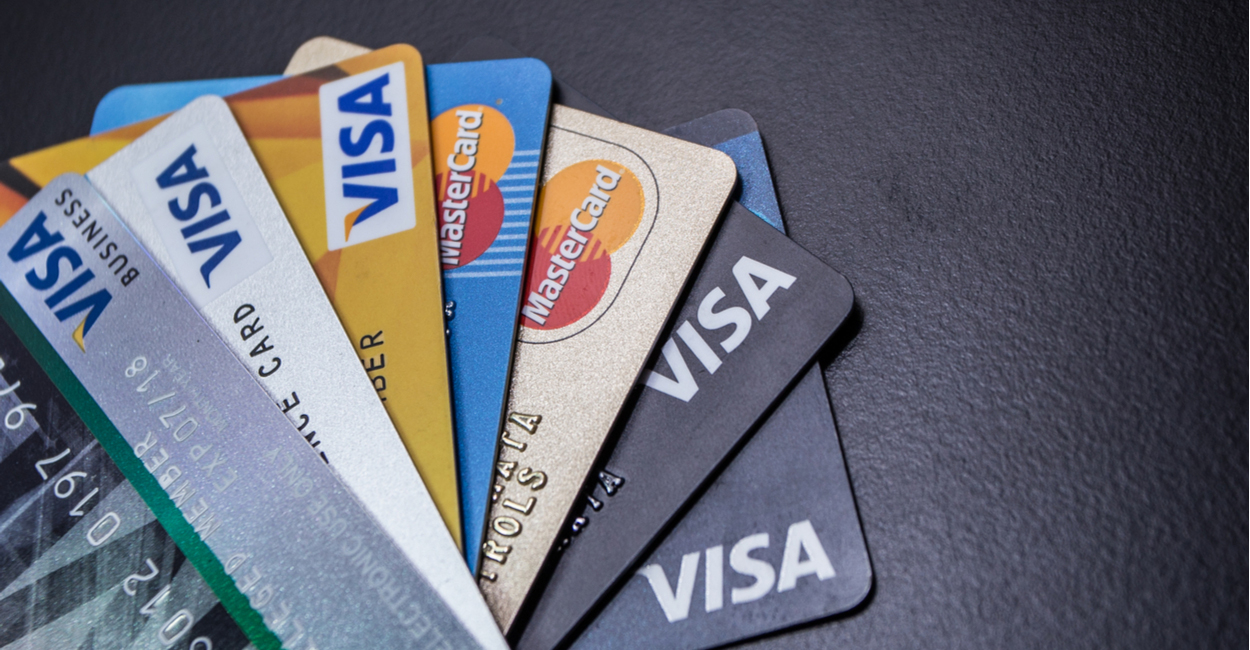Navigating the world of credit can be challenging, especially for those with bad credit. However, securing a credit card can be a crucial step toward rebuilding your credit score and improving your financial health. This article discuss the best credit card options available for individuals with bad credit, helping you find the right fit in your area.

Understanding Bad Credit
Bad credit typically refers to a credit score below 580, which can result from missed payments, high credit utilization, or other financial missteps. While this can limit your options, many credit card companies offer products designed specifically for those looking to improve their credit standing.
Benefits of Secured and Unsecured Credit Cards
Secured Credit Cards
Secured credit cards require a cash deposit that serves as collateral, typically equal to your credit limit. These cards are easier to obtain for individuals with bad credit and can help build credit when used responsibly. Payments are reported to credit bureaus, allowing you to improve your score over time.
Unsecured Credit Cards
Unsecured credit cards don’t require a deposit but may come with higher interest rates and fees. These cards can be a good option for those who want to avoid the upfront cost of a secured card. However, they may have stricter eligibility requirements.
Top Credit Cards for Bad Credit
1. Capital One Secured Mastercard
Overview: This secured card allows you to start with a low deposit, and you may qualify for a higher credit line after making your first five monthly payments on time.
Annual Fee: None
Key Features: Reports to all three major credit bureaus, offers access to a higher credit limit with responsible use.
2. Discover it® Secured Credit Card
Overview: This card offers cash back on purchases, allowing you to earn rewards while rebuilding credit. Plus, Discover reviews your account regularly, which could lead to a transition to an unsecured card.
Annual Fee: None
Key Features: 2% cash back at restaurants and gas stations (up to a certain limit), reports to credit bureaus.
3. OpenSky® Secured Visa® Credit Card
Overview: OpenSky doesn’t require a credit check, making it a great option for those with poor credit. You can choose your credit limit based on your deposit.
Annual Fee: $35
Key Features: Reports to major credit bureaus, no credit check during application.
4. Credit One Bank® Platinum Visa® for Rebuilding Credit
Overview: This unsecured card is designed for individuals with bad credit and offers pre-qualification without impacting your credit score.
Annual Fee: Varies (often around $75 for the first year)
Key Features: Cash back on eligible purchases, offers a credit line increase after making payments on time.
5. Petal® 2 “Cash Back, No Fees” Visa® Credit Card
Overview: This card considers your banking history instead of a credit score for approval, making it accessible for those with limited credit history.
Annual Fee: None
Key Features: Offers 1%-1.5% cash back on purchases, no late fees, and no foreign transaction fees.
Factors to Consider When Choosing a Credit Card
Fees: Review any annual fees, late payment fees, and foreign transaction fees. Aim for cards with minimal costs.
Interest Rates: Look for cards with lower APRs, especially if you plan to carry a balance.
Rewards and Benefits: Some cards offer rewards for everyday spending, which can add value as you rebuild credit.
Reporting to Credit Bureaus: Ensure the card issuer reports to all three major credit bureaus (Equifax, Experian, and TransUnion) to help improve your credit score.
Customer Service: Research the issuer’s reputation for customer service, as responsive support can be beneficial during your credit rebuilding journey.
Conclusion
The best credit card for bad credit in your area is a vital step toward financial recovery. By secured and unsecured options, you can choose a card that fits your needs and helps you rebuild your credit. Remember to use your card responsibly by making timely payments and keeping balances low, and you’ll be on your way to improving your financial health.




